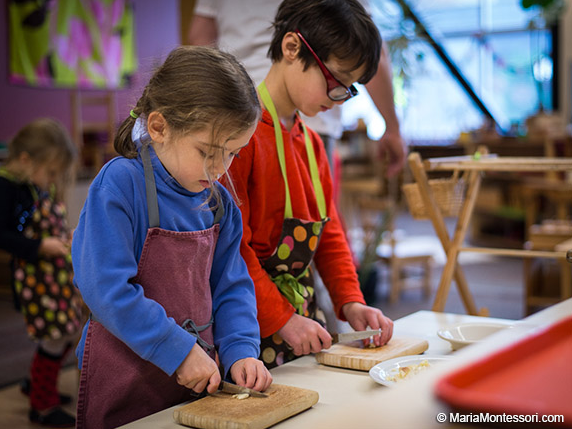
October 25, 2022
“What do you think?”
“I’m sure you will do the right thing.”
“Do you have any ideas?”
“How might that work?”
Building statements like the above into our repertoire is one small way that parents and teachers build partnerships with children. Whether it’s rearranging the garage, working through an argument with a sibling, or figuring out when the best time of day to practice piano, the habit of soliciting children’s thoughts and ideas communicates our respect for their perspective and our trust that they are able to find creative solutions.
It can require patience, suspension of judgment, and a spirit of exploration. Often we have to stop ourselves from jumping in and offering solutions or directions. However, the doors that open can be remarkable and rewarding. Last weekend at a potluck, my daughter asked if she could have a cookie. My response was, “I think you know what my concerns might be and I trust you make a good decision.” To which she replied, “I should make sure to eat some real food first and then not have too many sweets, right?” Of course, this is a point of arrival after many family conversations about nutrition but now we can both move on; me from monitoring her choices at such gatherings and her, from feeling the need to run these small decisions by me. Our trust in one another means we both have a little more freedom to enjoy the event. Had I just launched into a directive or negotiation, we would have lost this moment.
When two students argued about the use of a certain material, one of my standard responses was to set it aside and send them off to create a plan with which they could both agree. During our Upper Elementary parent orientations, one piece of advice for parents of 9-12-year-old children is when they bring a complaint or concern at home, the parent’s best first question is “What did Greg/Stephanie say when you discussed it with them?” While we don’t leave the children adrift, the message comes through clearly: You have good ideas. You have the power to solve your problems. We trust you.
Trust, in this context, is the fundamental belief that we all desire to bring our best selves to each moment. This is not the same as the expectations of perfection which often lead to feelings of disappointment, mistrust, and that great demoralizer, comparison. When trust is present, we see the great good in one another and all that is possible rather than looking for what is missing. The child’s idea of how to clean up spilled water may not be our idea of efficiency, but they, invested in creating the solution, will likely give their best self to the effort and will likely be willing to offer help again. I’ve often seen children’s ideas about how to resolve social issues work better than adult suggestions!
Trust allows the children to rise to their own potential and develop skills of self-management. Equipped with lessons and guidance, their confidence builds as they begin to believe in their own powers of judgment and autonomy. Creating space for collaboration and independence: this is the joyful challenge of parents and educators with the benefit that the result is that our work together is eased when all parties feel autonomous and respected, cutting out the need for willful opposition. There are plenty of educational programs and parenting approaches that script every part of the day, from morning circle to craft time to sing-along to reading hour. In this case, standardizing the experience solves many variables. Micromanagement offers an illusion of control and peacefulness, but ultimately undermines the opportunities for spontaneous, creative problem-solving. Supporting independence and self-management is a messier proposition requiring friendliness with error and, sometimes more challenging, friendliness with one another’s an error but leading us toward peaceful collaboration and interdependence in the work of living and learning together.